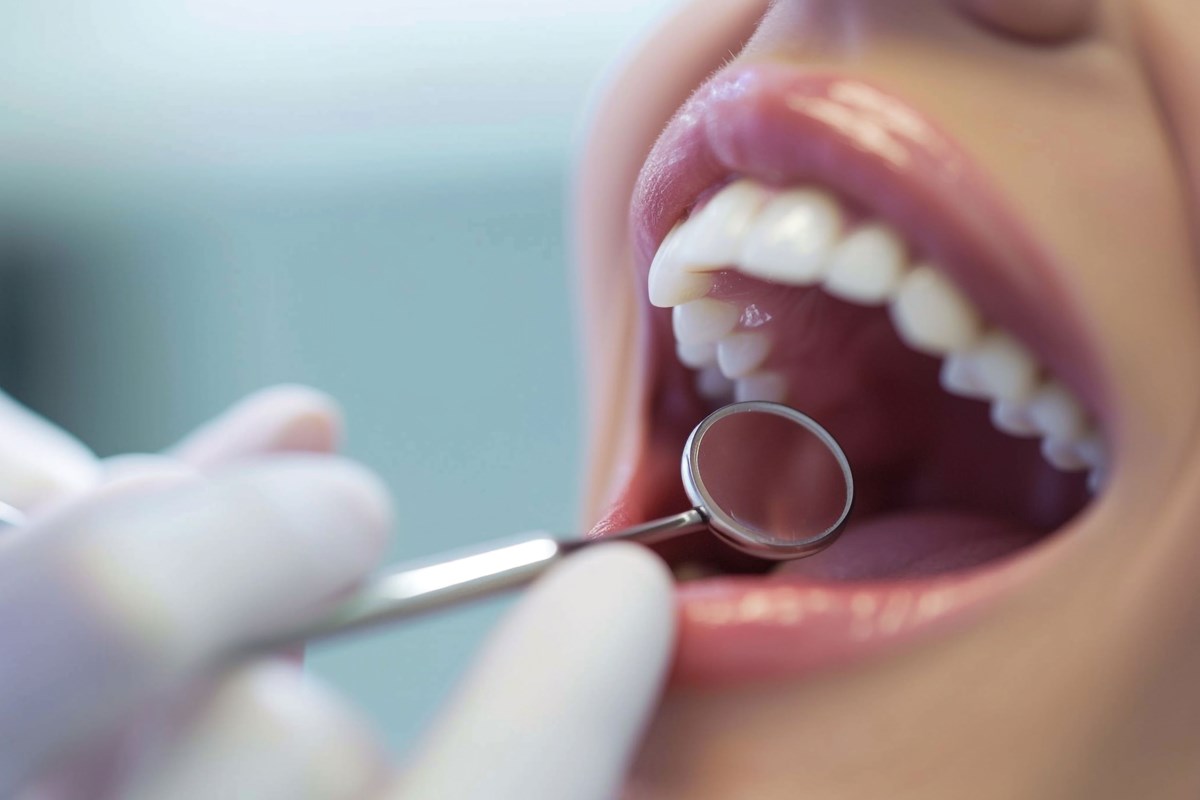Chiara Ghezzi’s Research on Gum Tissue and Oral Microbiome Wins NSF CAREER Award

09/01/2024
By Edwin L. Aguirre
Chiara Ghezzi believes that our mouth is the gateway to our entire body.
Ghezzi, an assistant professor of biomedical engineering, is particularly interested in studying the microbiota, or range of microorganisms, found in the mouth, which could play a key role in our overall health and well-being. According to the U.S. Centers for Disease Control and Prevention, poor oral health is often associated with chronic diseases such as diabetes and heart disease.
“The oral cavity serves as a potential reservoir for opportunistic pathogenic bacteria that can spread systematically to other parts of the body,” Ghezzi says. “However, very little is known about the relationship of various diseases and the oral microbiome.”
“This is the first time a tissue model will be capable of recreating and sustaining long-term interactions between the human microbiome and host tissue in vitro.” - Asst. Prof. Chiara Ghezzi
In recognition of the importance of Ghezzi’s research, the National Science Foundation has bestowed on her its prestigious faculty early career development award. Called the CAREER award, this highly competitive annual program selects the nation’s best young university faculty-scholars “who most effectively integrate research and education within the context of the mission of their organization,” according to the agency.
Ghezzi will use her five-year, $650,000 CAREER grant to understand the connection between human oral tissue and the oral microbiome, and how they interact, by creating a model of the human gum tissue system in her laboratory.
“This is the first time a tissue model will be capable of recreating and sustaining long-term interactions between the human microbiome and host tissue in vitro,” she explains.

Ghezzi, who is a faculty member of UML’s Center for Pathogen Research and Training, hopes the project will lead to the identification of predictive disease biomarkers within the oral microbiota and beyond.
“These biomarkers could ultimately contribute to the early-stage diagnosis, prevention and treatment of a wide spectrum of chronic diseases, such as periodontitis, atopic dermatitis, asthma, inflammatory bowel disease, arthritis, colorectal and pancreatic cancers and Alzheimer’s disease,” she notes.
According to Ghezzi, the biomarkers could also provide a timely and cost-effective diagnostic option, which could help address the growing racial, ethnic and socioeconomic disparities within the U.S. population in terms of being able to afford the costs of oral disease diagnosis and treatment.

“In particular, among working-age American adults, more than 40% of low-income and nearly twice as many non-Hispanic Black or Mexican American adults suffer from periodontitis-related conditions, which negatively impact their quality of life and productivity,” she says.
Ghezzi’s research collaborators include Biology Prof. Peter Gaines and Dr. Hatice Hasturk of the ADA Forsyth Institute. Assisting Ghezzi in the laboratory work are biomedical engineering Ph.D. students Anyelo Diaz and Grace Callen and junior student Sydney Campano.
